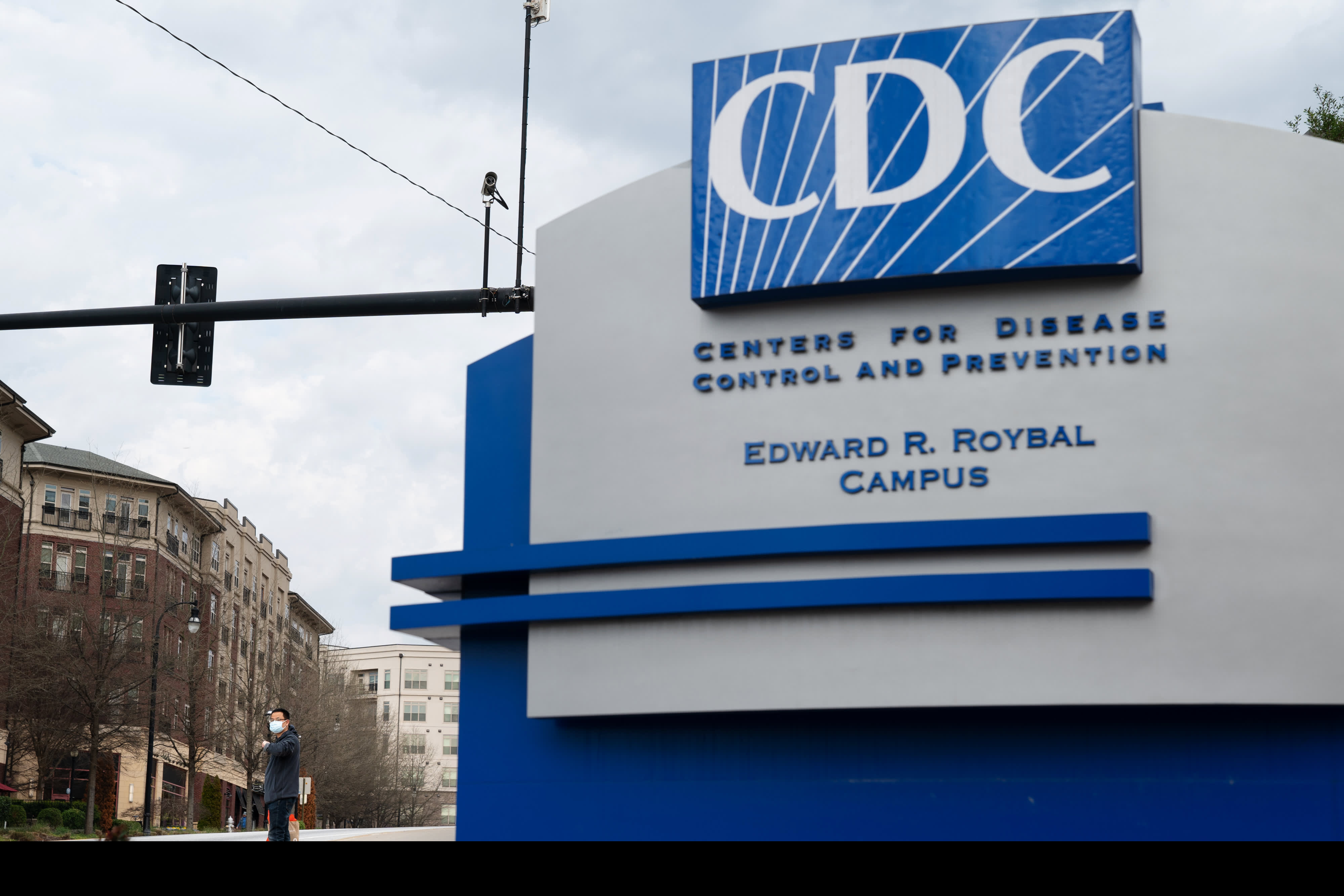The Centers for Disease Control and Prevention should have updated its guidelines on cleaning household surfaces well before this week, the dean of Brown University’s School of Public Health said Tuesday.
“It’s incredibly frustrating,” Dr. Ashish Jha told CNBC’s “The News with Shepard Smith.” “I think I was starting to say by last April and May, many of us in public health, stop wiping down surfaces.”
“I don’t understand, actually, what took CDC so long to really be clear about this. This virus is spread through the air,” Jha said.
The CDC said Monday that a thorough soap-and-water scrub is adequate to keep Covid-19 from spreading in the home. Using disinfectants, however, is recommended in indoor-setting schools and homes where there has been a suspected or confirmed virus case within 24 hours.
“In most situations, regular cleaning of surfaces with soap and detergent, not necessarily disinfecting those surfaces, is enough to reduce the risk of COVID-19 spread,” CDC Director Dr. Rochelle Walensky said at a White House briefing Monday.
Jha noted the CDC’s public health messaging has been part of a larger pattern of poor messaging from the government when it comes to Covid.
“I would say the first couple of months, confusing, but by April, May last year, it was very clear this is airborne,” Jha said. “It has been frustrating that that hasn’t always come out consistently from our federal officials.”
The CDC did not immediately respond to CNBC’s request for comment.
Host Shepard Smith also asked Jha about the highly contagious B.1.1.7 variant after Michael Osterholm, director of the Center for Infectious Disease Research and Policy, warned on Sunday the variant may infect kids more easily than previous strains.
Jha said he is “concerned” about the B.1.1.7 variant in children, especially because they haven’t been vaccinated yet.
“We’re not seeing a lot of infections in older people because we’re getting them vaccinated, and that really leaves young adults and kids vulnerable to B.1.1.7,” Jha noted. “One of the reasons we can’t totally relax right now is we’ve got to really bring these infection numbers down.”
Every state in the country has reported at least one case of the B.1.1.7 variant that was first detected in the United Kingdom, CDC data shows. Walensky said Wednesday the variant is becoming the predominant Covid strain in many regions across the U.S.
